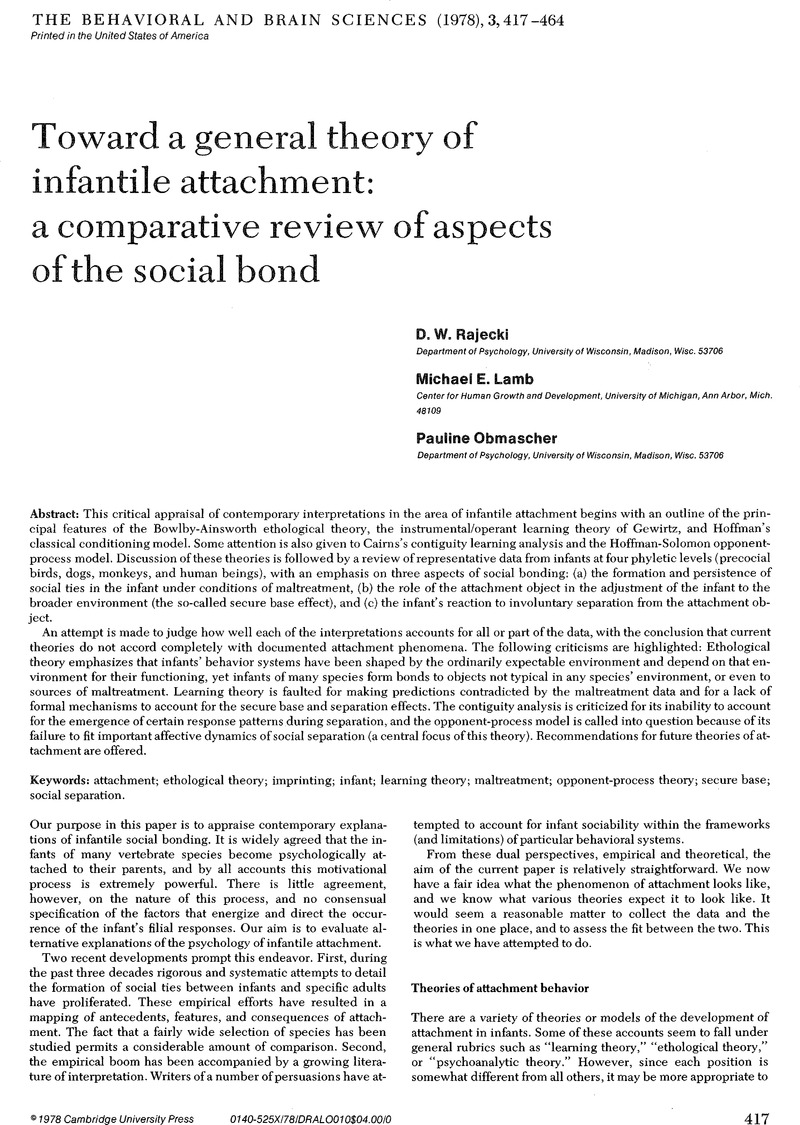Crossref Citations
This article has been cited by the following publications. This list is generated based on data provided by Crossref.
Fuccillo, R.
Scucchi, S.
Troisi, A.
and
D'Amato, F. R.
1983.
Brief report: Newborn adoption in a confined group of Japanese macaques.
American Journal of Primatology,
Vol. 5,
Issue. 3,
p.
257.
Spurr, John
1990.
Schism and the Restoration Church.
The Journal of Ecclesiastical History,
Vol. 41,
Issue. 3,
p.
408.



